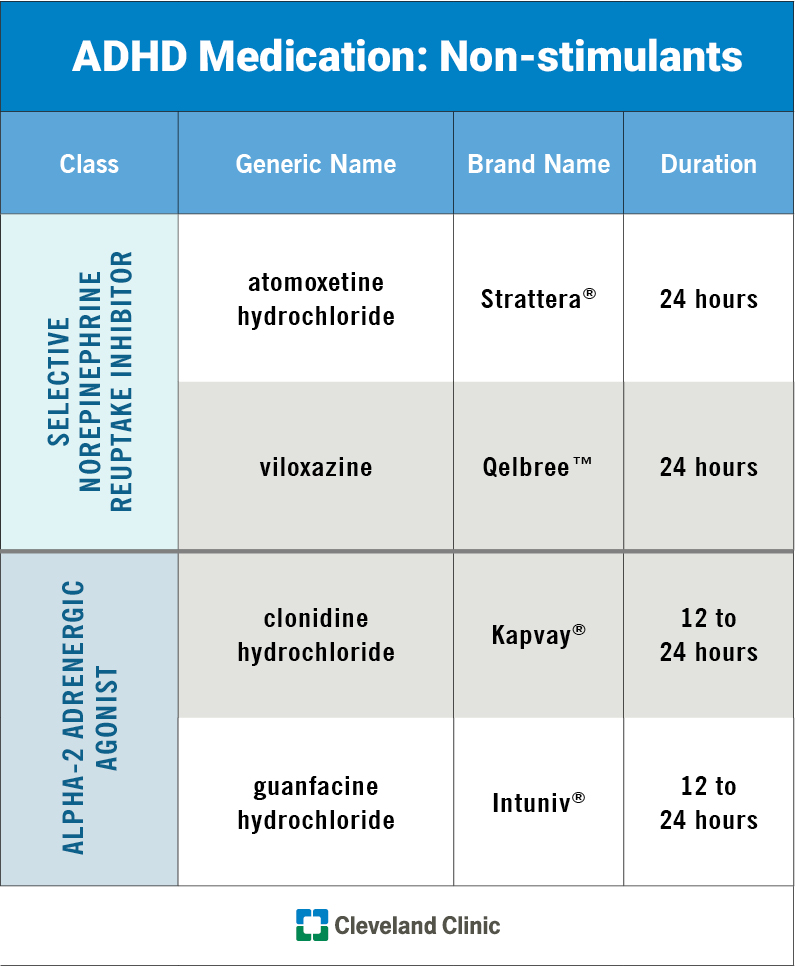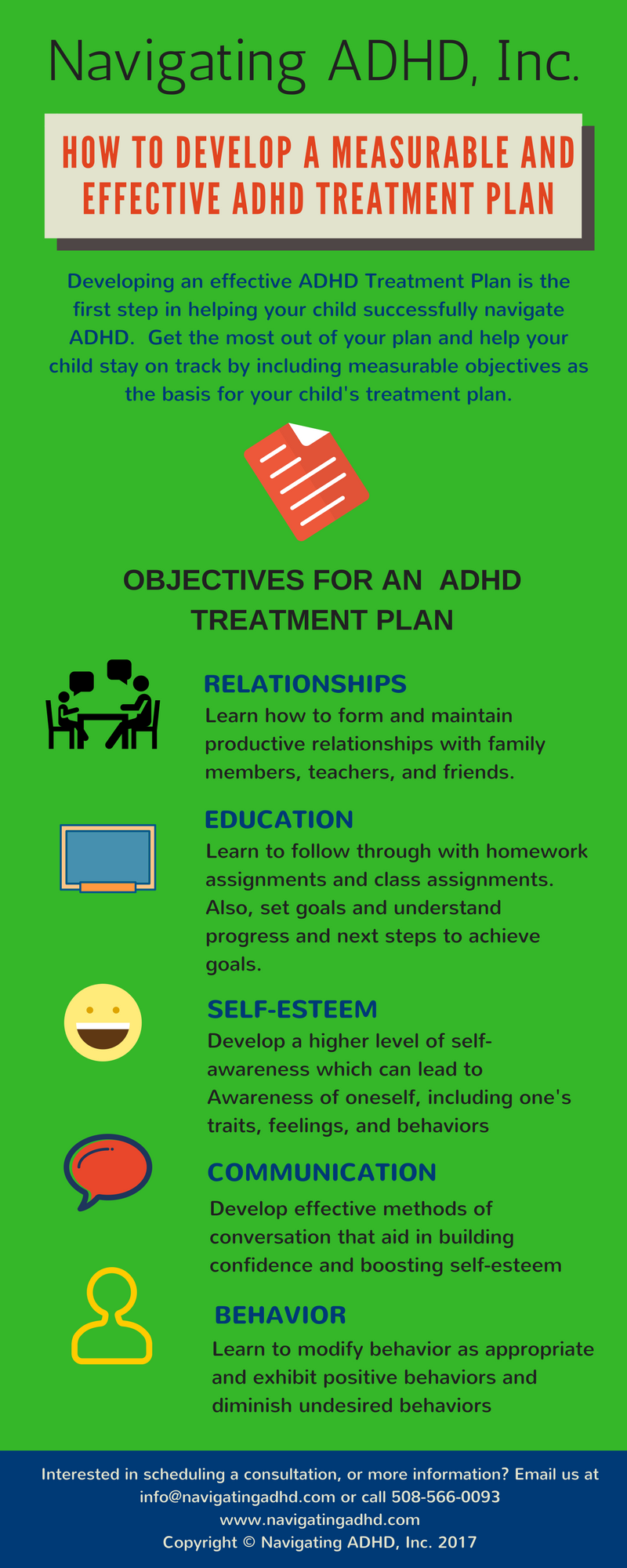Discovering Effective ADHD Therapy Choices for All Ages
The intricacies of Interest Deficiency Attention Deficit Disorder Disorder (ADHD) present one-of-a-kind challenges across different age, necessitating a thorough exploration of efficient treatment choices. A combination of behavioral therapies, medicinal treatments, and way of life alterations has actually shown pledge in dealing with the diverse demands of people with ADHD. The efficacy of these approaches can vary substantially based on individual situations, raising critical concerns regarding tailored techniques. As we take a look at the range of treatment modalities available, it ends up being necessary to consider not just their instant effects yet also their long-lasting implications for individuals and families.
Understanding ADHD and Its Effect
Attention-Deficit/Hyperactivity Problem (ADHD) is a neurodevelopmental condition characterized by relentless patterns of inattention, hyperactivity, and impulsivity that can dramatically influence different elements of an individual's life. It usually shows up in childhood, although symptoms can continue right into the adult years. The core signs of ADHD can disrupt instructional performance, prevent social communications, and make complex work undertakings.
People with ADHD usually have problem with maintaining concentrate on tasks, arranging tasks, and following up on instructions, which can bring about academic underachievement (Depression Treatment). In social contexts, impulsivity might result in difficulties in forming and sustaining relationships, as people may interrupt discussions or make rash decisions without taking into consideration effects
Additionally, ADHD can co-occur with other psychological health problems, such as stress and anxiety and anxiety, better making complex medical diagnosis and therapy. The irregularity in symptom discussion means that ADHD can influence individuals differently, demanding a tailored technique to administration. Recognizing ADHD's complex impact is essential for creating efficient strategies that support people in navigating day-to-day difficulties and achieving their capacity. Comprehensive awareness of ADHD's nature and ramifications lays the foundation for checking out ideal treatment options tailored to each person's needs.
Behavioral Therapies for ADHD
Various behavior modifications have been developed to efficiently resolve the challenges connected with ADHD, focusing on modifying specific habits and promoting necessary skills. Among the most acknowledged methods are cognitive-behavioral treatment (CBT), moms and dad training, and social abilities training.
CBT aids individuals determine and change adverse idea patterns and behaviors, advertising a more positive expectation and improved self-regulation. This treatment usually includes practical strategies for taking care of impulsivity and improving company. Parent training programs empower caregivers by outfitting them with strategies to reinforce positive behaviors and established regular borders, which can be particularly useful for children with ADHD.
Social skills training is an additional essential part, teaching individuals with ADHD exactly how to interact efficiently with peers - Depression Treatment. This strategy commonly includes role-playing and responses to boost interaction, teamwork, and conflict resolution skills
Integrating these behavior therapies into an extensive therapy strategy can considerably enhance functioning and lifestyle for individuals with ADHD. Eventually, the performance of these therapies depends upon customized strategies that consider the distinct demands of each individual, consequently cultivating strength and adaptability in day-to-day live.
Medication Options Available
For numerous individuals with ADHD, drug can play a considerable function in managing symptoms and improving general performance. The 2 main classifications of medicines prescribed for ADHD are energizers and non-stimulants.
Stimulants, such as methylphenidate and amphetamine-based medications, are the most frequently utilized treatments. These medications function by boosting the degrees of neurotransmitters, specifically dopamine and norepinephrine, in the mind, which helps enhance interest and decrease impulsivity and attention deficit disorder. They usually produce fast results, making them a favored option for numerous certified intuitive eating counselor people.

It is essential for doctor to perform a complete analysis to determine the most ideal medication based upon specific needs, medical background, and potential side effects. Routine follow-up and monitoring are likewise essential to guarantee the efficiency of the selected treatment and to make any needed changes.
Lifestyle Changes to Think About
Managing ADHD properly expands beyond medication, as way of living adjustments can considerably boost general wellness and signs and symptom control. Integrating organized regimens is crucial; regular schedules aid individuals with ADHD manage their time effectively and minimize feelings of overwhelm.
Routine physical activity is another important component. Exercise not only assists to boost focus yet additionally increases state of mind and decreases stress levels. Activities such as yoga exercise or team sports can be particularly valuable, advertising both fitness and social interaction.
Nutrition also plays a critical role. Depression Treatment. A balanced diet rich in omega-3 fatty acids, entire grains, and lean healthy proteins can add to improved emphasis and cognitive feature. Restricting sugar and processed foods is recommended, as these can worsen hyperactivity and impulsivity
Rest health is necessary for managing ADHD symptoms. Establishing a normal rest routine and creating a relaxing setting can boost sleep quality, leading to far better focus and psychological guideline.
Different and Alternative Strategies
Alternate and alternative strategies to ADHD therapy supply a varied variety of alternatives that enhance traditional methods. These techniques typically concentrate on way of life modifications, dietary interventions, and healing practices that intend to enhance total health while attending to ADHD signs and symptoms.

Mindfulness and behavior modifications are additionally getting grip as holistic treatments. Practices such as yoga exercise, meditation, and cognitive-behavioral therapy can cultivate self-regulation and enhance focus. These approaches sustain emotional durability, which is especially advantageous for people with ADHD.
Natural supplements, such as ginkgo biloba and ginseng, are often discovered; nonetheless, it is vital to consult medical care specialists prior to integrating these right into treatment strategies. While alternative and holistic approaches can give beneficial support, they must ideally be made use of together with evidence-based therapies to achieve optimum results for taking care of ADHD throughout every ages.
Conclusion
In recap, effective ADHD therapy demands a detailed strategy that consists of behavior modifications, medication, way of living adjustments, and holistic methods. Customized treatments can substantially improve individuals' functioning and high quality of life, while appropriate drug guarantees ideal sign administration. Moreover, taking on organized regimens, click site participating in normal physical task, and exercising mindfulness can improve psychological guideline and interest. This multifaceted approach emphasizes the value of customized treatment in addressing the diverse needs of people with ADHD across all age teams.